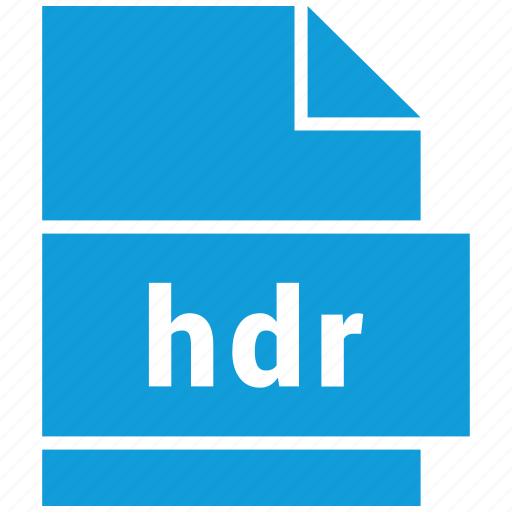
Document Imaging
Document imaging is an information technology category for systems capable of replicating documents commonly used in business. Document imaging systems can take many forms including microfilm, on demand printers, facsimile machines, copiers, multifunction printers, document scanners, computer output microfilm (COM) and archive writers. Document Imaging means the conversion of paper files (of any size or description) or microfilm / fiche to digital images. The image can be form in TEM (transmission electron microscope), here the image is form by scattering of electron beam. In TLM (transmission light microscope), the image is formed by the consequence observation of light. By the increasing thickness or density the image can be contrasted with acceleration voltage.
Document imaging is a part of enterprise content management. In the early days of content management technologies, the term "document imaging" was used interchangeably with "document image management" as the industry tried to separate itself from the micrographic and reprographic technologies.
In the late 1980s, a new document management technology emerged: electronic document management. This technology was built around the need to manage and secure the escalating volume of electronic documents (spreadsheets, word-processing documents, PDFs, emails) generated in organizations.
Customer identity document scanning and storage is used for the purpose of age verification, identifying barred members and identifying individuals to the authorities in the case of criminal incidents. They are typically used at nightclubs, casinos, music venues, and many entities governed under the US Customer Identification Program (CIP).
Systems used include Id Scan Biometrics's Scan Net and ID Vista products. Id Scan Biometrics system was developed by Tamlyn Thompson in 2005.
United Kingdom nightclubs
UK licensing authorities are increasingly requiring nightclubs to scan and retain clubbers' ID details. Privacy and data security concerns have been raised by customers and the protest group NO2ID. For example, Clubscan was an ID card scanning system invented in 2003. It took scanned images of nightclub patrons' ID documents and stored their personal details, for the purpose of age verification, identifying barred members and identifying individuals to the authorities in the case of criminal incidents. Clubscan is now discontinued and replaced by SCAN NET (the Safer Clubbing At Night Network) and serving over 1200 connected venues in the UK.
Proof of delivery (POD)
POD receipt can be generated into a digital image and full POD status report is generated into an excel spreadsheet. With e-retrieval of shipping documents, basic functions are dimensionalized, and newly streamlined administrative operations suddenly become a very strategic step in a business model.




